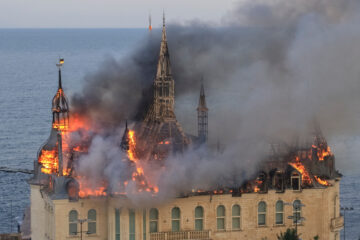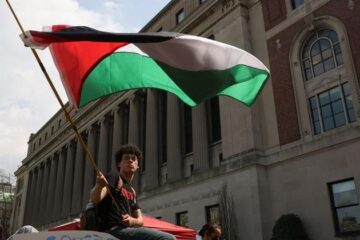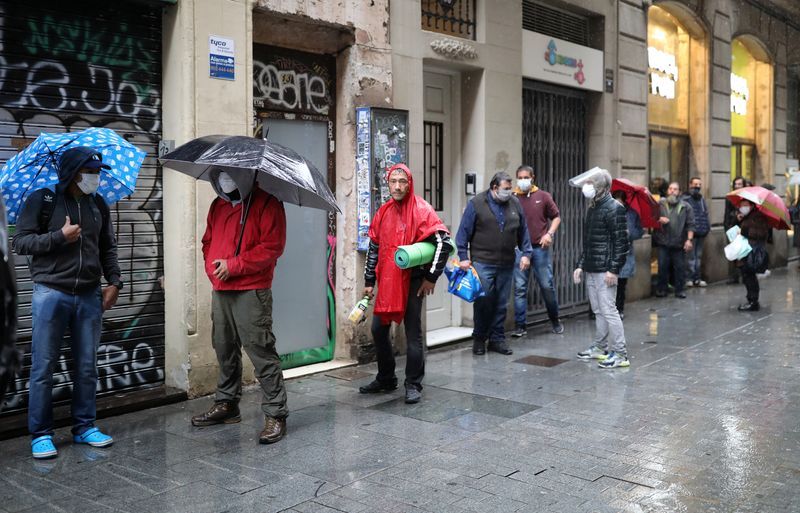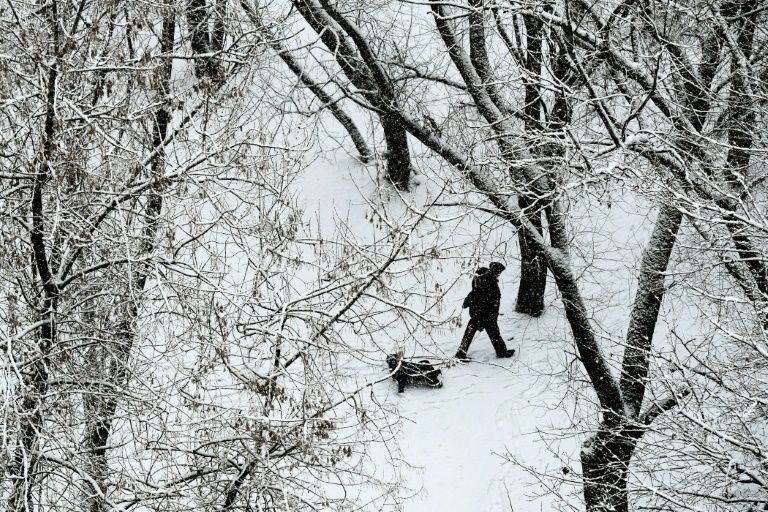South Africa starts voting amid issue of corruption
South Africans voted Wednesday in presidential and parliamentary elections amid issues of corruption and unemployment.
It is 25 years since the end of apartheid, but despite the demise of the harsh system of racial discrimination, the country remains divided by economic inequality .
The African National Congress, the party of Nelson Mandela that has been in power since 1994, is likely to win a majority but it will face a difficult challenge to do as well as five years ago.
The party has been tarnished by widespread corruption scandals and a national unemployment rate of 27% that has left many voters disillusioned. The ANC\’s leader, President Cyril Ramaphosa, has campaigned on promises to clean up his party, an acknowledgment of the problems that forced his predecessor to resign last year.
Opposition leader Mmusi Maimane, who has campaigned vigorously against corruption, was one of the first voters at the Dobsonville polling station in Soweto, Johannesburg\’s largest black township.
"Soweto represents to me the home of the struggle against apartheid and it is where we are now struggling against corruption and for a new government," Maimane said after casting his ballots.
Black support for Maimane\’s party, the Democratic Alliance, is limited because it is generally perceived to be run by whites.
In the working class suburb of Kempton Park, in eastern Johannesburg, Albert Lethole, 65, said it felt good to vote. He said he voted in the first all-race elections in 1994.
"Things have been changing slowly but more needs to be done," said Lethole of changes since the end of apartheid.
The ANC has vowed to embark on a program of seizing white-owned land without compensation, for which it needs a 67% majority to change South Africa\’s constitution.
In the most likely scenario, the ANC will need to form a coalition government with another party to get the votes needed to alter the constitution. That is likely to be the Economic Freedom Fighters, a populist, left-wing party that also supports land seizures.
If the ANC\’s share of the vote slips below 60%, Ramaphosa could be vulnerable and his party could oust him and choose a new leader.
The country\’s young voters, who make up about 20% of the electorate, largely support the EFF, which is led by charismatic firebrand Julius Malema, who broke from the ANC six years ago.
More than 40 smaller parties also are vying for power in the balloting.
Neither the president nor the parliament is elected directly. Voters cast ballots for a national party and the number of votes won by each party determines how many representatives are sent to the legislature. The president is the leader of the party that gets the most votes.
Some 26 million people of the country\’s population of 57 million are eligible to vote. Most of the 22,900 polling stations opened at 7 a.m. local time and were to close at 9 p.m. (0500 to 1900 GMT; 1 a.m. to 3 p.m. EDT).
The day is a national holiday to encourage turnout.
South Africa was famous for its long lines of voters in the first post-apartheid election 25 years ago. But a sense of national apathy this year could be an ominous sign for the ANC.
Preliminary results will be announced from the electoral commission in the capital, Pretoria, and final results are not expected for 48 hours.
SOURCE: AP
[do_widget_area inner_adsbar]











